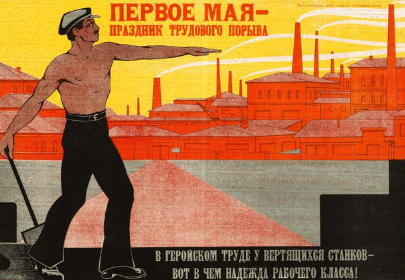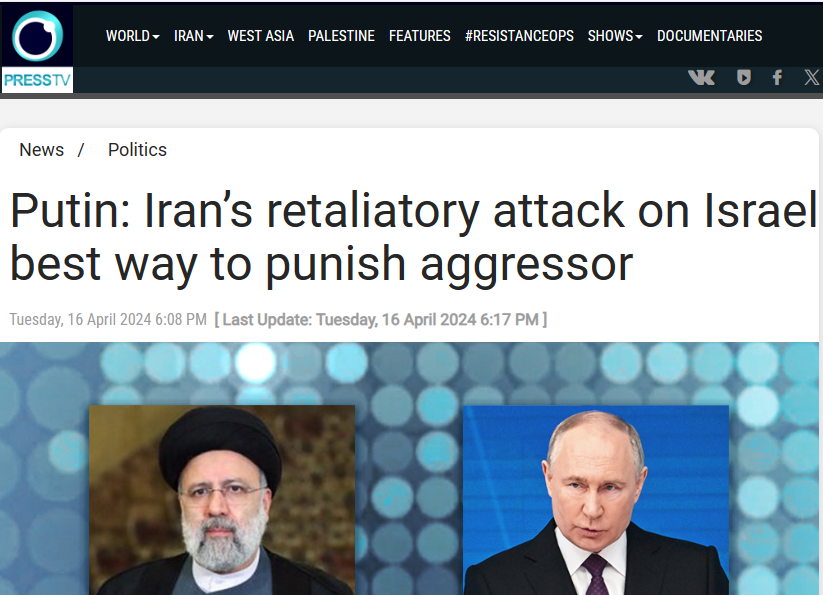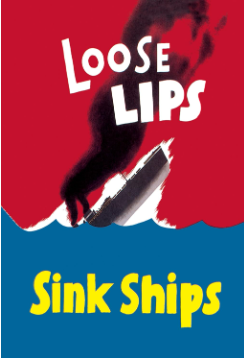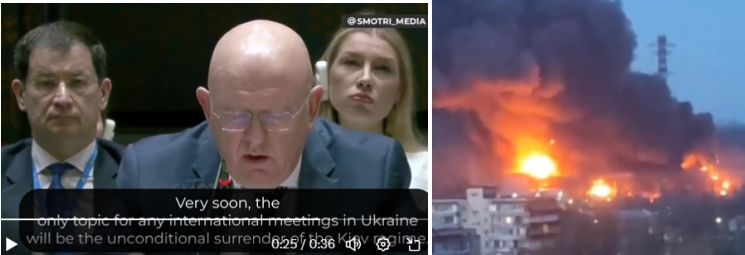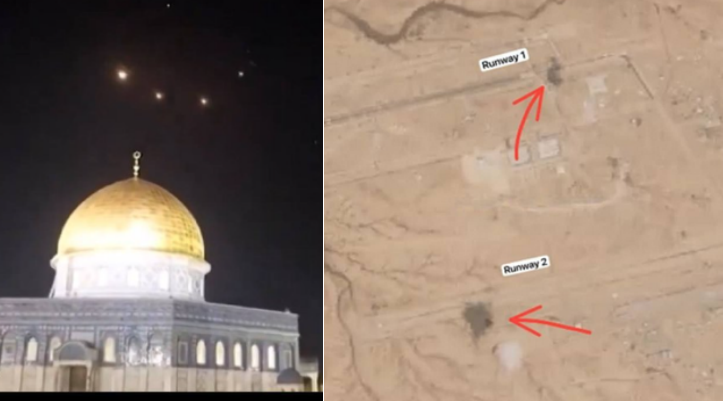

by John Helmer, Moscow
@bears_with
The kings of Europe used to pay clever men to pretend to be fools in order to make jokes to amuse the monarch and his court. They were called jesters. A man who pretends to be cleverer than he is, and who tells jokes in order to fool others into making himself rich – they are hucksters.
In the Jewish garment trade their merchandise is known as schmattes. This means “rags”; it was a Polish word before it was picked up in Yiddish — something cheap to make to be sold dear. By extension, peddling anything cheap and fast on false pretences is schmatte business. The Gentile word for this is a hustle.
For the merchandise Sir Lawrence Freedman of London has been selling, he has been well paid personally, and the corporation he used to run when he was a professor of “war studies” at King’s College is now a multimillion-pound business. To collect money for himself, and also for his son, Freedman has used company identities whose financial reports can be read at the UK Companies House registry. The operation optimizes on its tax liabilities to the UK Inland Revenue by following the advice of Judith Freedman, a professor of taxation at Oxford; she is Freedman’s wife.
The turnover, costs, tax, and profit lines of the Freedman businesses give a glimpse into how it possible for him to appear regularly in books, newspapers, and corporate conventions in order to announce, as he advertised last week in a London newspaper, that the new US military supplies for the Ukraine will give the allies time to “restore [Kiev’s] battlefield fortunes”; solve the Ukrainian “manpower problems…as new recruits don’t face the prospects of being sent to fight with insufficient ammunition”; “time before they will have the strength to start liberating substantial amounts of territory”; and time to compel President Vladimir Putin to “contemplate the possibility that [the war] might yet again swing towards Ukraine”.
The subjunctive “might” on the punchline is Freedman’s slip – he reveals he isn’t sure of the value of what he is selling.
Freedman was the British government’s official historian of the Falklands War and then a member of the Chilcot committee of inquiry on the British war against Iraq. He has also been a career-long Russia threat faker and fighter of the war his side keeps losing, as he keeps insisting on the reverse.
This isn’t jestering, it’s huckstering. Freedman is for hire through an organ called All American Entertainment (AAE), which describes itself as “a full-service talent booking agency, specifically focused on the needs of event professionals looking to book keynote speakers and corporate entertainment for their events.” His pro-US credentials for fighting the war against Russia, and his pro-Israel credentials for fighting the war against the Arabs and Iran have earned him an engagement at a Zionist-financed think-tank in Australia which calls Freedman “the foremost authority on modern war in the English-speaking world.” Small world, if viewed from Sydney, Tel Aviv, or London.
Starting with a PhD entitled “The definition of the Soviet threat in strategic arms decisions of the United States: 1961–1974” – that’s the US targeting version of Russia — Freedman has monetized his war-fighting line through incorporation of a company called King’s College Business Limited, UK company number 02714181. Founded in 1992 with the name KCL Enterprises Ltd, it said it was an investment and commercial trading company without an express purpose, apart from making money. Freedman became a director in 1998 when he gave a home address in Wimbledon. On Freedman’s street, local realtors value the average house price at the moment to be £1.9 million; this is down 15% from its peak in 2017.
War with Russia has been much more profitable for Freedman. Losing the war, that’s to say.
(more…)
